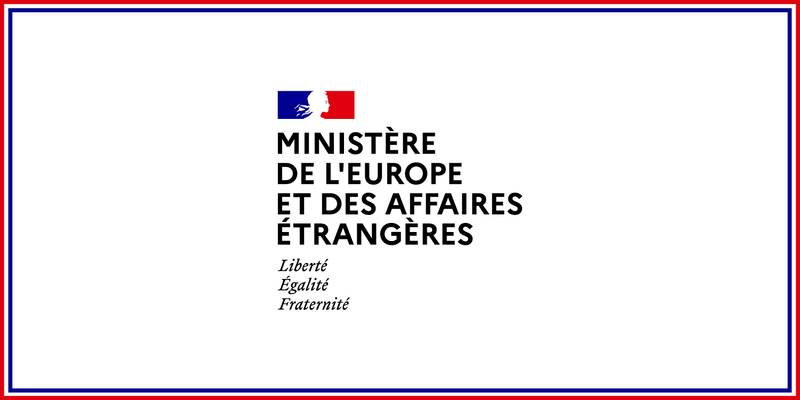Building Europe’s Digital Sovereignty (7 Feb 22)
The conference is focused on the four pillars listed below:
(I) Ensuring the role of the European Union as a protecting powerEurope must strengthen the security of citizens, public services and businesses in cyberspace and define an industrial data strategy that can constitute a bulwark against extraterritorial laws.
(ii) Ensuring the role of the European Union as a normative power that defends fundamental valuesEurope must strengthen democratic institutions, promote a return to a level playing field for businesses in the digital single market and propose new rules and regulations to increase the responsibility of technology companies.
(iii) Securing the role of the European Union as a power of innovationEurope must attract foreign investors and foreign talent and foster an environment in which world-class technology companies are created.
(iv) Ensuring the role of the European Union as a power of opennessEurope must encourage free and open standards, support the construction of open and shared physical and software infrastructures in the global digital common space, and support these efforts from a technological and financial point of view.
What is Digital Sovereignty? And why make it a priority of the 🇫🇷 Presidency of the Council of the European Union?@AClaireLegendrespokesperson for @francediplo 👉 🎥#DiploMatters pic.twitter.com/jtcwCVN6Ol
— France Diplomacy🇫🇷🇪🇺 (@francediplo_FR) February 7, 2022
Protection and openness
At a time when a growing share of digital assets (e.g. software, data and physical infrastructure) are increasingly offered or captured by non-European companies, the conference will highlight the digital commons as well as non-rival and non-excludable infrastructures, which represent an alternative to the monopoly-dominated technological supply.
As European cyberspace faces an increasing number of threats, the conference will explore the development of a European cybersecurity model through EU legislative initiatives (such as the revision of the Network Security Directive and information systems), the introduction of more solidarity mechanisms between Member States and the constitution of a basic industrial network (via Gaia-X, the secure cloud and the EU certification system of the European Union Agency for Cybersecurity, or ENISA). In the cloud sector in particular, the industrial base is faced with a growing range of extraterritorial laws that threaten the security and integrity of the personal data of European citizens and businesses.
Regulation and Innovation
At a time when the digital revolution poses challenges both to the functioning of our democratic institutions and to the safety of European citizens and consumers, the conference will address the initiatives of the European Commission aimed at strengthening the protection of journalists and the freedom expression online (the European Action for Democracy Plan) and to demand greater accountability from digital service providers (the Digital Services Bill), with the aim of ensuring that what is illegal outside online is also illegal online.
Taking advantage of network effects and new technologies, online platforms have accumulated significant market power, resulting in a highly concentrated market around a limited number of players. With this in mind, the conference will discuss the Digital Markets Bill (DMA), which aims to promote innovation and prohibit unfair practices by online platforms acting as gatekeepers to digital markets.
Developing Europe
The second day of the conference will focus on the Scale-up Europe initiativelaunched in March 2021 in collaboration with the European Commission, which brings together a cohort of 200 start-up and scale-up founders, investors, researchers and companies, all sharing the same ambition: for the continent to become the home of 10 technology companies each valued at more than €100 billion by 2030. The next steps will be to build on this momentum and establish a world-leading European start-up ecosystem, which will require activating a whole range financial resources and public policy instruments.
To achieve these objectives, three areas of action have been defined:
• Developing world-class European disruptive tech companieswith the support of the newly created European Innovation Council (EIC), which has more than €10 billion in funding to target disruptive innovations.
• Making Europe attractive for tech talent. Access to key skills is essential for the growth of the European technology ecosystem. The conference will address the issue of strengthening European cooperation in visa processing. Another point of discussion will be how to give more visibility to talent acquisition programs in order to put European start-ups on the path to hypergrowth.
• Fund late-stage scale-up development to support the emergence of world-class companies of the future with deep ties to Europe. European venture capital funds are not systematically able to finance the most important investment operations. The conference will analyze public policy measures that would help start-ups and scale-ups access European funding mechanisms, including IPOs and funds of funds.


Comments are closed.